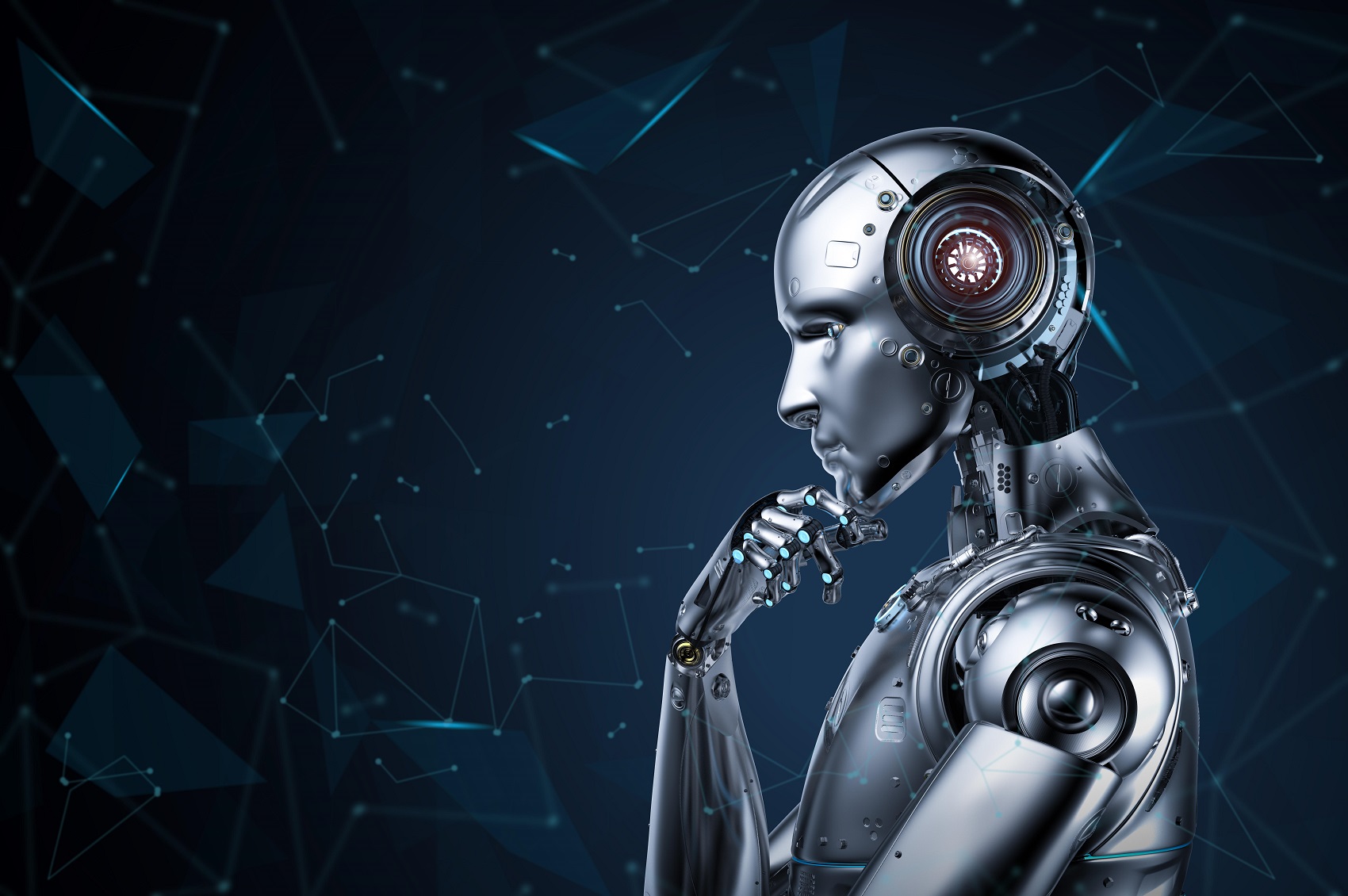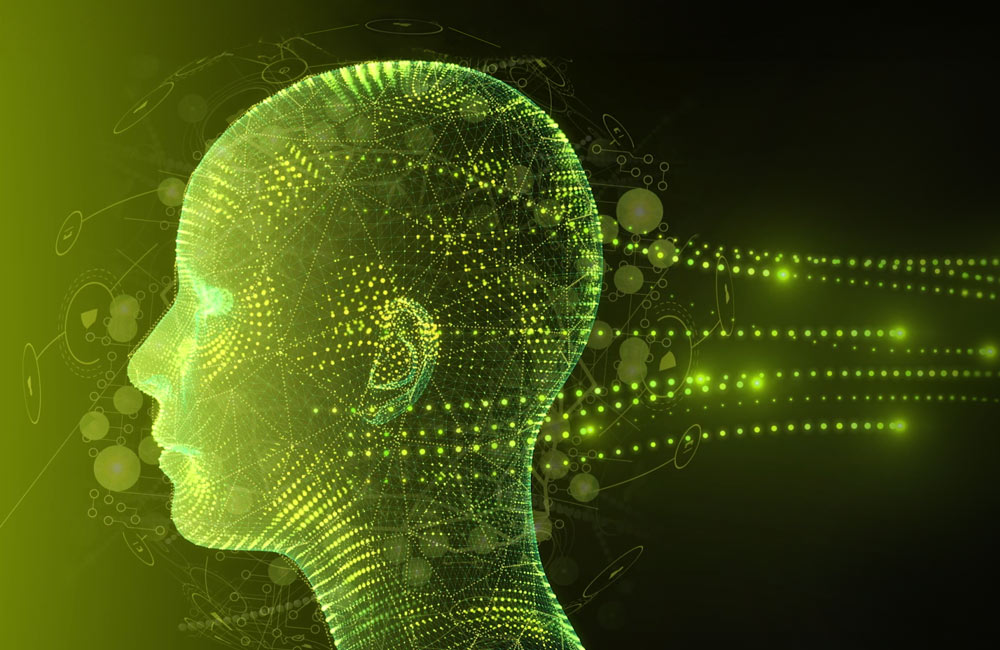Technology is altering our world at an impressive pace! Its sweeping modifications can be discovered everywhere and they can be referred to as both thrilling, and at the exact same time terrifying. Although individuals in lots of parts of the world are still attempting to come to terms with earlier technological transformations along with their sweeping social and educational implications - which are still unfolding, they have been woken up to the truth of yet another digital revolution - the AI transformation.
Expert System (AI) technology refers to the capability of a digital computer system or computer-controlled robotic to perform jobs that would otherwise have been brought out by human beings. AI systems are created to have the intellectual processes that characterize people, such as the capability to reason, find significance, generalize or gain from previous experience. With AI technology, huge amounts of information and text can be processed far beyond any human capacity. AI can likewise be used to produce a large range of brand-new material.
In the field of Education, AI innovation includes the potential to allow new kinds of mentor, learning and academic management. It can also boost finding out experiences and support teacher tasks. However, despite its positive potential, AI likewise postures substantial threats to trainees, the mentor neighborhood, education systems and society at large.

What are some of these risks? AI can lower mentor and discovering procedures to estimations and automated tasks in manner ins which decrease the value of the role and influence of instructors and weaken their relationships with learners. It can narrow education to only that which AI can process, design and provide. AI can likewise get worse the around the world lack of qualified teachers through out of proportion costs on innovation at the expense of financial investment in human capacity development.
Making use of AI in education likewise creates some fundamental questions about the capability of teachers to act actively and constructively in identifying how and when to make sensible use of this technology in an effort to direct their expert growth, find options to challenges they deal with and enhance their practice. Such basic concerns consist of:
· What will be the role of teachers if AI innovation become extensively carried out in the field of education?
· What will evaluations appear like?
· In a world where generative AI systems seem to be developing new abilities by the month, what skills, outlooks and competencies should our education system cultivate?
· What modifications will be required in schools and beyond to assist trainees plan and direct their future in a world where human intelligence and device intelligence would seem to have become ever more carefully linked - one supporting the other and vice versa?

· What then would be the purpose or function of education in a world dominated by Expert system technology where human beings will not necessarily be the ones opening new frontiers of understanding and understanding?
All these and users.atw.hu more are intimidating questions. They require us to seriously think about the issues that arise concerning the implementation of AI innovation in the field of education. We can no longer just ask: 'How do we get ready for an AI world?' We must go deeper: experienciacortazar.com.ar 'What should a world with AI look like?' 'What functions should this powerful technology play?' 'On whose terms?' 'Who decides?'
Teachers are the primary users of AI in education, and they are anticipated to be the designers and facilitators of trainees' learning with AI, the guardians of safe and ethical practice across AI-rich academic environments, and to function as good example for lifelong finding out about AI. To assume these obligations, teachers need to be supported to develop their capabilities to leverage the prospective benefits of AI while reducing its dangers in education settings and wider society.
AI tools ought to never be created to change the legitimate accountability of teachers in education. Teachers ought to remain liable for pedagogical choices in using AI in teaching and in facilitating its usages by trainees. For teachers to be liable at the useful level, a pre-condition is that policymakers, instructor education organizations and schools presume duty for preparing and supporting instructors in the proper usage of AI. When presenting AI in education, legal defenses need to likewise be established to secure teachers' rights, and long-lasting financial dedications require to be made to make sure inclusive gain access to by instructors to technological environments and fundamental AI tools as crucial resources for adjusting to the AI age.
A human-centered method to AI in education is critical - an approach that promotes essential ethical and

useful principles to help regulate and direct practices of all stakeholders throughout the whole life cycle of AI systems. Education, offered its function to secure along with facilitate development and learning, has a special commitment to be completely knowledgeable about and responsive to the dangers of AI - both the known risks and systemcheck-wiki.de those only simply appearing. But too typically the dangers are disregarded. The usage of AI in education therefore requires cautious consideration, consisting of an examination of the developing functions teachers require to play and the competencies required of instructors to make ethical and reliable use of Artificial Intelligence (AI) Technology.
While AI uses chances to support instructors in both teaching in addition to in the management of discovering processes, significant interactions in between teachers and trainees and human flourishing need to remain at the center of the educational experience. Teachers must not and can not be changed by technology - it is important to secure instructors' rights and ensure appropriate working conditions for forum.pinoo.com.tr them in the context of the growing use of AI in the education system, in the workplace and in society at big.







